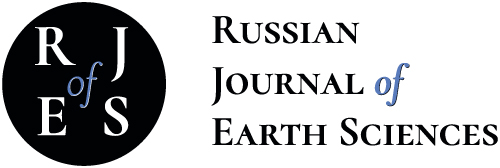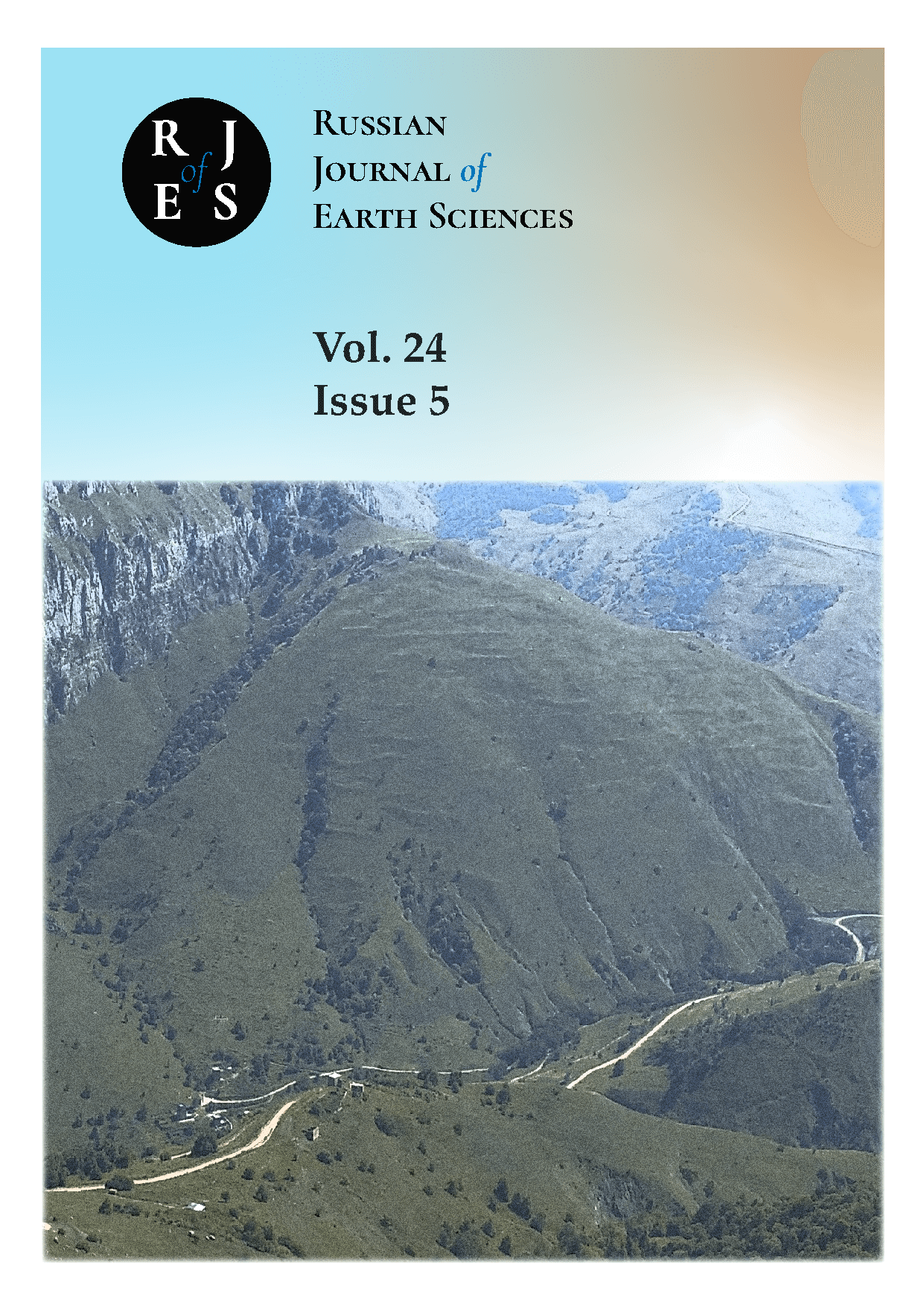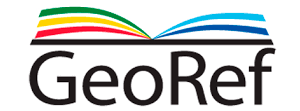Volgograd, Russian Federation
Russian Federation
Russian Federation
VAK Russia 1.6
UDC 556
UDC 55
UDC 550.34
UDC 550.383
CSCSTI 37.27
CSCSTI 37.01
CSCSTI 37.15
CSCSTI 37.25
CSCSTI 37.31
CSCSTI 38.01
CSCSTI 36.00
CSCSTI 37.00
CSCSTI 38.00
CSCSTI 39.00
CSCSTI 52.00
Russian Classification of Professions by Education 05.02.02
Russian Classification of Professions by Education 05.00.00
Russian Library and Bibliographic Classification 201
Russian Library and Bibliographic Classification 26
Russian Trade and Bibliographic Classification 6325
Russian Trade and Bibliographic Classification 63
BISAC NAT018000 Ecosystems & Habitats / Lakes, Ponds & Swamps
BISAC NAT029000 Ecosystems & Habitats / Rivers
BISAC SCI SCIENCE
An assessment of the state of aquatic ecosystems in the northern (“high”) part of the Volga-Akhtuba floodplain was carried out (using the Peschany erikk of the Chaika lake system as an example). Based on the results of monitoring in 2021–2023, the current hydrological regime of the Chaika lake system was studied, recommendations were prepared to prevent the degradation of water bodies included in the system. The effectiveness of measures to clear floodplain reservoirs and build regulating culverts was recorded. Monitoring of the passage of spring floods in the Chaika lake system, located on the territory of the Volga-Akhtuba floodplain, was carried out. A dependence was revealed between the direction of water movement through the reservoirs of the lake system depending on the discharge through the Volgograd hydroelectric power station and the water content of the reservoirs of the Kashirinsky and Krasnoslobodsky water conduits. Recommendations have been prepared for the management of regulating water-passing structures for the purpose of efficient irrigation of the Chaika lake system, taking into account the hydrological regime of the Krasnoslobodsk and Kashirinsky watercourses. Retrospective interpretation of Landsat-5, Landsat-7 and Sentinel-2 space images was conducted, as a result of which a degraded lake was identified and recommendations for its restoration were proposed. Comprehensive studies of water and bottom sediments were conducted, including for pollution by heavy metals and pesticides. It was revealed that the concentration of some studied elements exceeds the standard or is close to exceeding it. Recommendations are given for further monitoring of the state of water bodies of the Chaika lake system, as well as a possible option for using bottom sediments.
national project “Ecology”, water quality, bottom sediments, chemical composition, Chaika lake system, environmental rehabilitation
1. Arkhipov B. A. Technological and natural features of the formation and development of the first civilizations // Bulletin of the Chelyabinsk State University. — 2017. — Vol. 4, no. 400. — P. 33–38. EDN: https://elibrary.ru/ZCDIXX
2. Belyaev A. I., Istomin A. P., Pugacheva A. M., et al. A set of measures aimed at preserving the unique ecosystem of the Volga-Akhtuba floodplain in the Volgograd region // Transboundary water bodies: use, management, protection: Collection of materials of the All-Russian scientific and practical conference with international participation. — Sochi : Lik, 2021. — P. 30–35. EDN: https://elibrary.ru/XDFJKQ
3. Belyaev A. I., Pugacheva A. M., Istomin A. P., et al. Current Hydrological Conditions Research of the Chaika lake System in the Territory of the Volga-Akhtuba Floodland // Ecology and Industry of Russia. — 2023. — Vol. 27, no. 7. — P. 60–65. — DOI:https://doi.org/10.18412/1816-0395-2023-7-60-65 EDN: https://elibrary.ru/AOYBRQ
4. Bolgov M. V., Shatalova K. Y., Gorelits O. V., et al. Water-ecological problems of the Volga-Akhtuba floodplain // Ecosystems: ecology and dynamics. — 2017. — 1(3). — P. 15–37. EDN: https://elibrary.ru/ZFEATV
5. Cenci R. M., Martin J.-M. Concentration and fate of trace metals in Mekong River Delta // Science of The Total Environment. — 2004. — Vol. 332, no. 1–3. — P. 167–182. — DOI:https://doi.org/10.1016/j.scitotenv.2004.01.018. DOI: https://doi.org/10.24411/0235-2516-2018-00028; EDN: https://elibrary.ru/YWXMNQ
6. Chen Y., Liu A., Cheng X. Quantifying economic impacts of climate change under nine future emission scenarios within CMIP6 // Science of The Total Environment. — 2020. — Vol. 703. — P. 134950. — DOI:https://doi.org/10.1016/j.scitotenv.2019.134950. EDN: https://elibrary.ru/QARFPV
7. Gorelits O. V., Zemlyanov I. V. Modern mechanism of flooding of the Volga-Akhtuba floodplain during flood periods (within the Volgograd region) // Scientific potential of regions for the service of modernization. — 2013. — Vol. 2, no. 5. — P. 9–18. DOI: https://doi.org/10.24411/1029-2551-2020-10009; EDN: https://elibrary.ru/ZGSLKW
8. He G., Liu H., Wang J., et al. Energy-water security challenge: Impact of energy production on water sustainable developments in Northwest China in 2017 and 2030 // Science of The Total Environment. — 2021. — Vol. 766. — P. 144606. — DOI:https://doi.org/10.1016/j.scitotenv.2020.144606. DOI: https://doi.org/10.32962/0235-2524-2023-3-3-10; EDN: https://elibrary.ru/KKJEOG
9. Ilyinsky A. V., Evsenkin K. N., Nefedov A. V. Justification for the environmentally safe use of wastewater sludge from sewerage treatment facilities of housing and communal services // Agrochemical Bulletin. — 2020. — No. 1. — P. 60–64. — DOI:https://doi.org/10.24411/1029-2551-2020-10009.
10. Istomin A. P., Istomin S. A. Monitoring of watering of the Volga-Akhtuba floodplain (Sredneakhtubinsky municipal district of the Volgograd region). — Certificate of state registration of the database No. 2024621617, 2024.
11. Kattsov V. M., Semenov S. M. Second assessment report on climate change and its consequences on the territory of the Russian Federation. — Moscow : Roshydromet, 2014. DOI: https://doi.org/10.18470/1992-1098-2020-3-43-52; EDN: https://elibrary.ru/WMLEYZ
12. Kholodenko A. V., Istomin S. A., Kirillov S. N., et al. Changes in the spatial organization of the Volga-Akhtuba floodplain nature park // IOP Conference Series: Earth and Environmental Science. — 2022. — Vol. 979, no. 1. — P. 012138. — DOI:https://doi.org/10.1088/1755-1315/979/1/012138.
13. Mezhevova A. S. Wastewater silt sludge application in the case of Carthamus tinctorius cultivation on light chestnut soils of the Volgograd Region, Russia // South of Russia: ecology, development. — 2020. — Vol. 15, no. 3. — P. 43–52. — DOI:https://doi.org/10.18470/1992-1098-2020-3-43-52. EDN: https://elibrary.ru/HZAYQY
14. Norms and criteria for assessing the pollution of bottom sediments in water bodies of St. Petersburg. The regional standard was developed within the framework of Russian-Dutch cooperation under the program PSO 95/RF/3/1 "Extraction and disposal of contaminated sediments in St. Petersburg". — 1996. EDN: https://elibrary.ru/TSXEIR
15. Istomin A., Bolgov M. V., G.Zhikharev A., et al. Hydrological problems of the Volga-Akhtuba floodplain using the example of the Krasnoslobodsky tract // Melioration and water management. — 2023. — No. 3. — P. 3–10. — DOI:https://doi.org/10.32962/0235-2524-2023-3-3-10. DOI: https://doi.org/10.31857/S0321059623020153; EDN: https://elibrary.ru/IQRTCA
16. Porfiryev B. N., Danilov-Danilyan V. I., Kattsov V. M., et al. Climate change and the Russian economy: trends, scenarios, forecasts. — Moscow : Scientific Consultant, 2022.
17. Sazonov V. E., Istomin A. P., Kalyuzhnaya N. S., et al. Methodological and legal aspects of restoration and ecological rehabilitation of water bodies (on the example of the Volga-Akhtuba floodplain) // Facets of knowledge. — 2015. — Vol. 4, no. 38. — P. 9–19. DOI: https://doi.org/10.1016/j.scitotenv.2019.134950; EDN: https://elibrary.ru/CFLEHY
18. Tereshchenko N. N., Chuzhikova-Proskurnina O. D., Proskurnin V. Y., et al. Heavy Metals and Metalloids in Water and Bottom Sediments in the Rivers in the Can Gio Biospheric Reserve, Vietnam // Water Resources. — 2023. — Vol. 50, no. 2. — P. 232–246. — DOI:https://doi.org/10.31857/S0321059623020153. DOI: https://doi.org/10.1016/j.scitotenv.2020.144606; EDN: https://elibrary.ru/SJIOVA
19. Verheij S., Fokkens B., Buijse A. D. A pan-European survey to strengthen and improve policies and strategic planning regarding river continuity restoration. — European Centre for River Restoration, 2021. DOI: https://doi.org/10.1088/1755-1315/979/1/012138; EDN: https://elibrary.ru/KWMSOF
20. Vetchinnikov A. A., Titova V. I., Baranov A. I., et al. Assessment of the possibility of using bottom sediments of a pond for the reclamation of technogenically disturbed soils // Agrochemical Bulletin. — 2018. — No. 2. — P. 50–53. — DOI:https://doi.org/10.24411/0235-2516-2018-00028.
21. Zhao M., Jiang G., Ming G., et al. Analysis of the driving forces for changes in a regional energy sector’s water consumption // Water-Energy Nexus. — 2020a. — Vol. 3. — P. 103–109. — DOI:https://doi.org/10.1016/j.wen.2020.05.001. EDN: https://elibrary.ru/DLUTXH
22. Zhao Z.-J., Chen X.-T., Liu C.-Y., et al. Global climate damage in 2 ∘C and 1.5 ∘C scenarios based on BCC_SESM model in IAM framework // Advances in Climate Change Research. — 2020b. — Vol. 11, no. 3. — P. 261–272. — DOI:https://doi.org/10.1016/j.accre.2020.09.008. EDN: https://elibrary.ru/YBYOBZ
23. Zheng X., Huang G., Li J., et al. Development of a factorial water policy simulation approach from production and consumption perspectives // Water Research. — 2021. — Vol. 193. — P. 116892. — DOI:https://doi.org/10.1016/j.watres.2021.116892 EDN: https://elibrary.ru/PQLRAS















